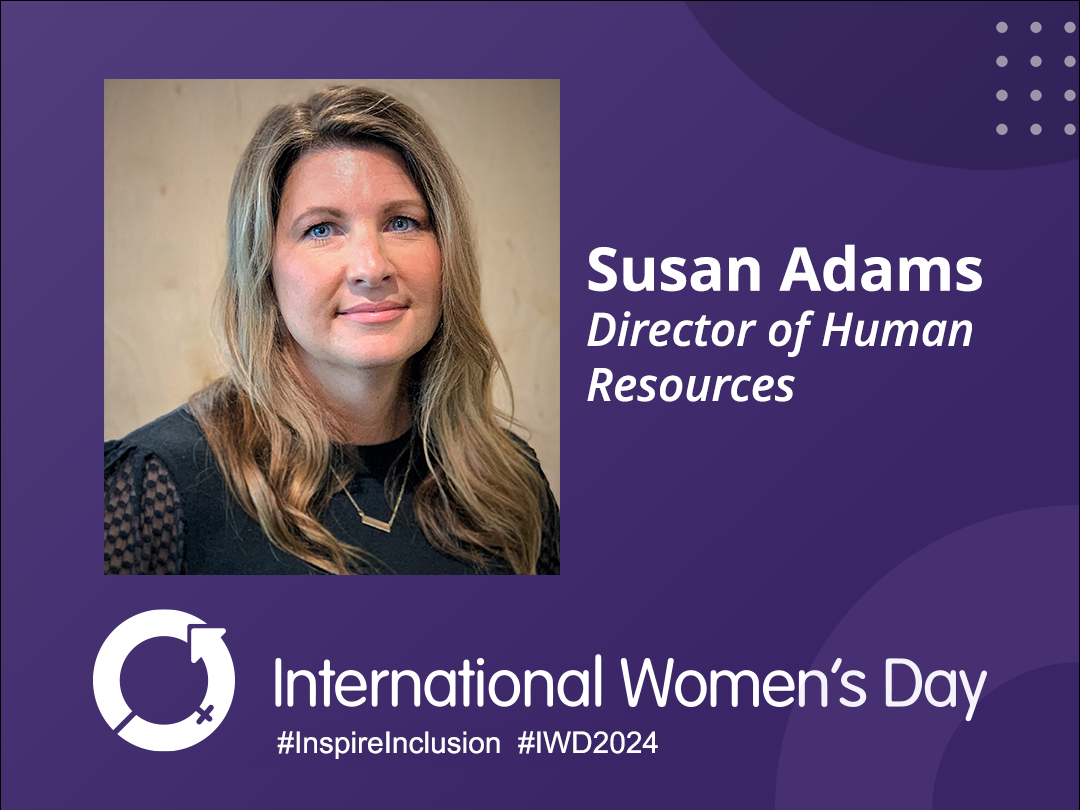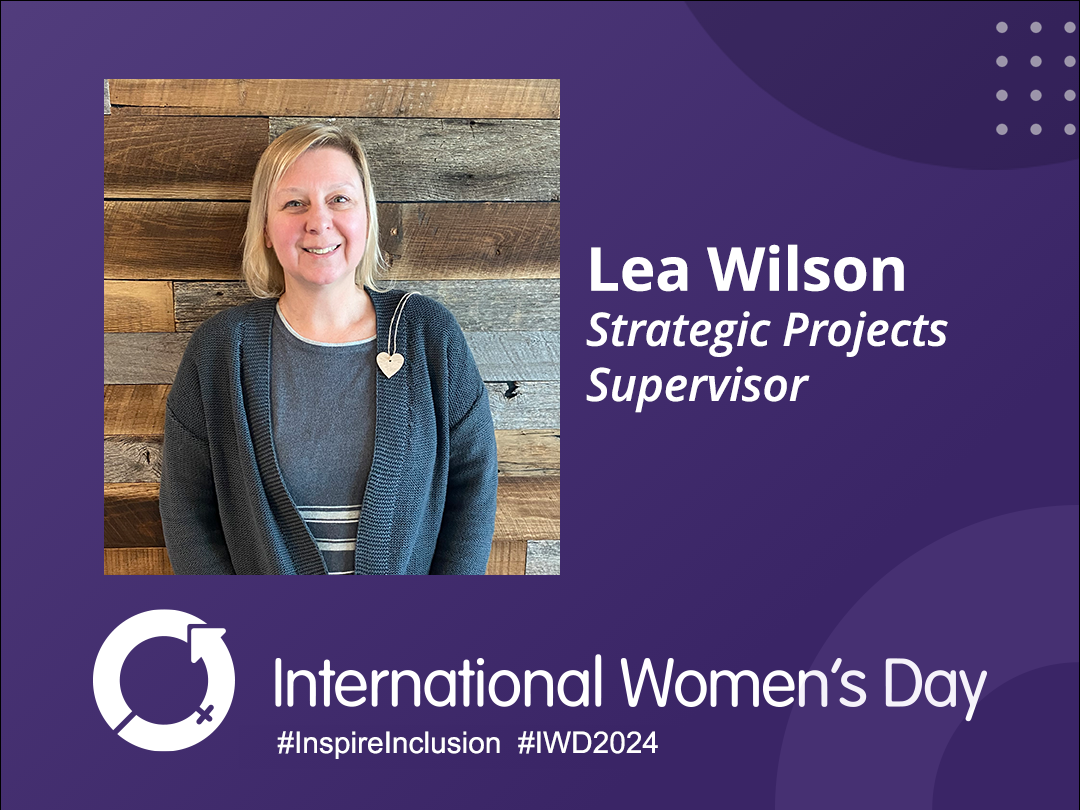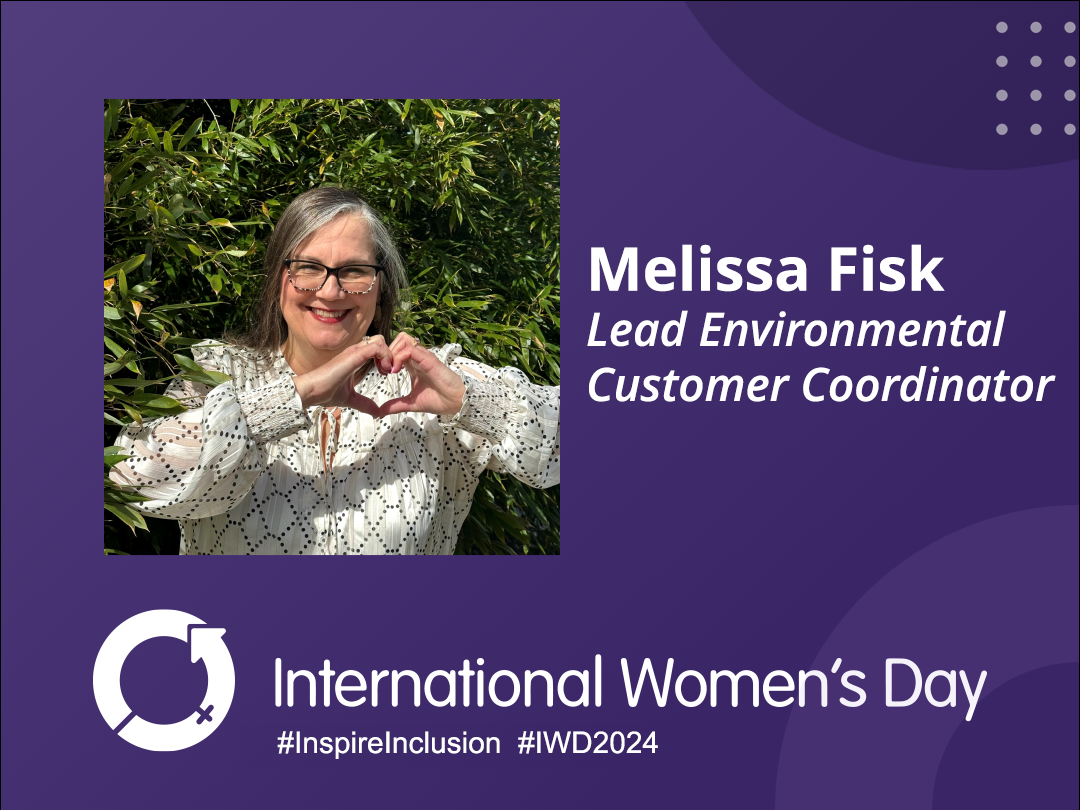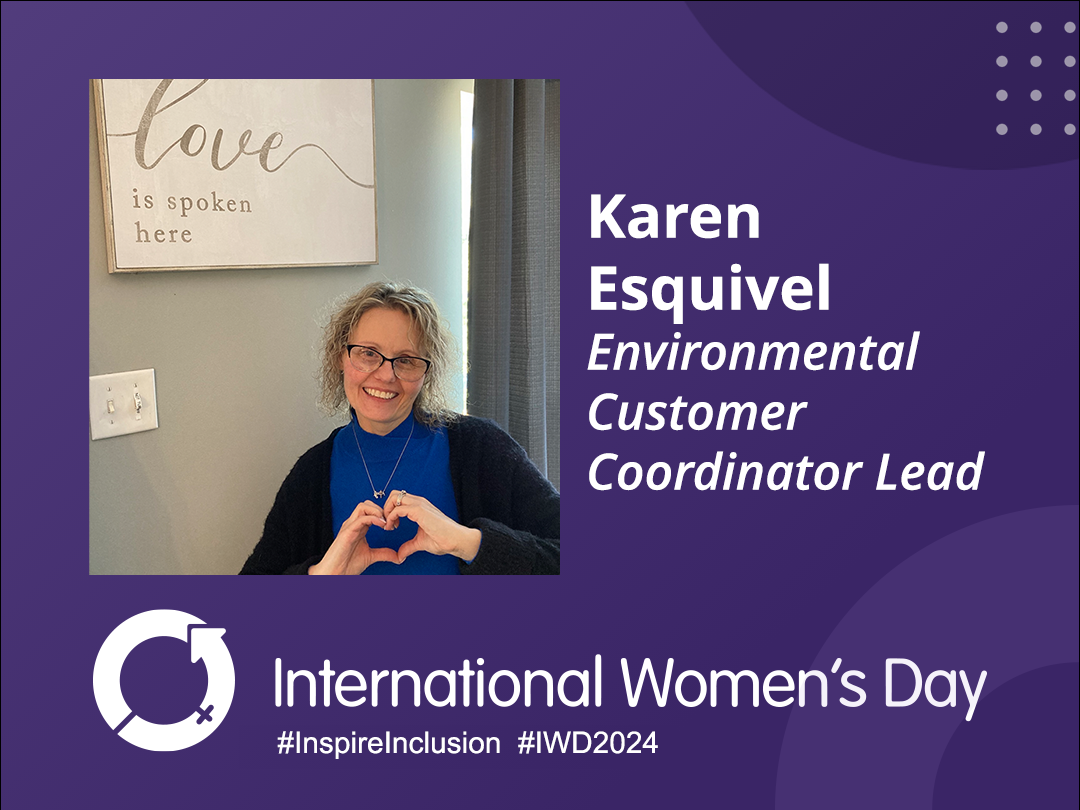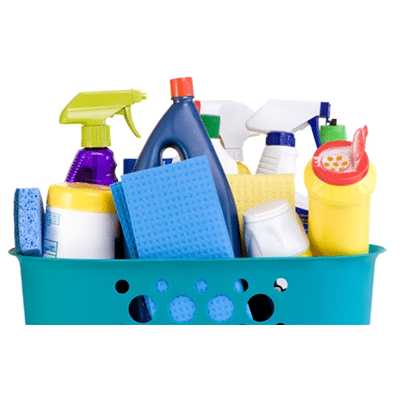
You may remember from some of our previous posts about household hazardous wastes that the rules are different for homes vs. businesses. The primary distinction being that residential homes are not regulated by the EPA. That said, it is still a very good idea to properly dispose of those items in your home which could be considered hazardous.
In the past we’ve written about telling the difference between hazardous and non-hazardous paints as well as knowing when aerosol cans are considered hazardous. Today I want to discuss household cleaners. While the ideal situation is that you would use up the cleaner via its intended purpose, I know that sometimes we buy items that we just don’t like; tile cleaners that don’t quite do the job, window cleaners that leave streaks, etc. When this happens we may find ourselves at a loss for getting rid of it.
The primary concern when it comes to household cleaners is whether or not they can be considered corrosive. A corrosive is any material that can cause skin damage to people or a substance that significantly corrodes metal. They can be liquid or solid and either acidic or caustic in nature.
Many household cleaners (such as bleach and ammonia) are considered corrosive materials. In addition to potentially causing severe skin damage, certain corrosive cleaning materials (such as toilet bowl or tub and tile cleaner) can be poisonous if ingested.
Another danger of cleaning materials is the fumes they give off which can cause significant damage to humans as well as the environment. These fumes can be made worse when different chemical cleaners are mixed, for example, ammonia and bleach. When combined, these two common household items will put off a toxic gas that initially attacks the eyes and mucous membranes. Prolonged exposure can burn the lungs, cause loss of consciousness, respiratory failure, and even death.
Long story short, it’s important to know what is in your cleaners so you can determine the best way to dispose of them. Luckily, many companies are now altering formulas or making “green” alternative options that you can buy. These should be easier to dispose of if need be. If, however, you have an old corrosive material it would be best disposed of at an HHW (household hazardous waste) event.
More News From Heritage
-
3/12/24
Equal Pay Day – Spotlighting Our Female Drivers
-
3/8/24
International Women’s Week Spotlight – Shannon Dippel
For International Women's Week, we're spotlighting some of the incredible women in the Heritage family. Our final spotlight is Shannon Dippel.
-
3/8/24
International Women’s Week Spotlight – Susan Adams
For International Women's Week, we're spotlighting some of the incredible women in the Heritage family. Our sixth spotlight is Susan Adams.
-
3/7/24
International Women’s Week Spotlight – Lea Wilson
For International Women's Week, we're spotlighting some of the incredible women in the Heritage family. Our fifth spotlight is Lea Wilson
-
3/7/24
International Women’s Week Spotlight – Melissa Fisk
For International Women's Week, we're spotlighting some of the incredible women in the Heritage family. Our fourth spotlight is Melissa Fisk.
-
3/6/24
International Women’s Week Spotlight – Taylor Harvey
For International Women's Week, we're spotlighting some of the incredible women in the Heritage family. Our third spotlight is Taylor Harvey
-
3/5/24
International Women’s Week Spotlight – Karen Esquivel
For International Women's Week, we're spotlighting some of the incredible women in the Heritage family. Our second spotlight is Karen Esquivel.
-
3/5/24
Heritage Environmental Services Announces HP Nanda as CEO; CEO Jeff Laborsky Transitions to Board of Directors
Heritage Environmental Services (“HES”) announced today that HP Nanda will join the organization as CEO.


